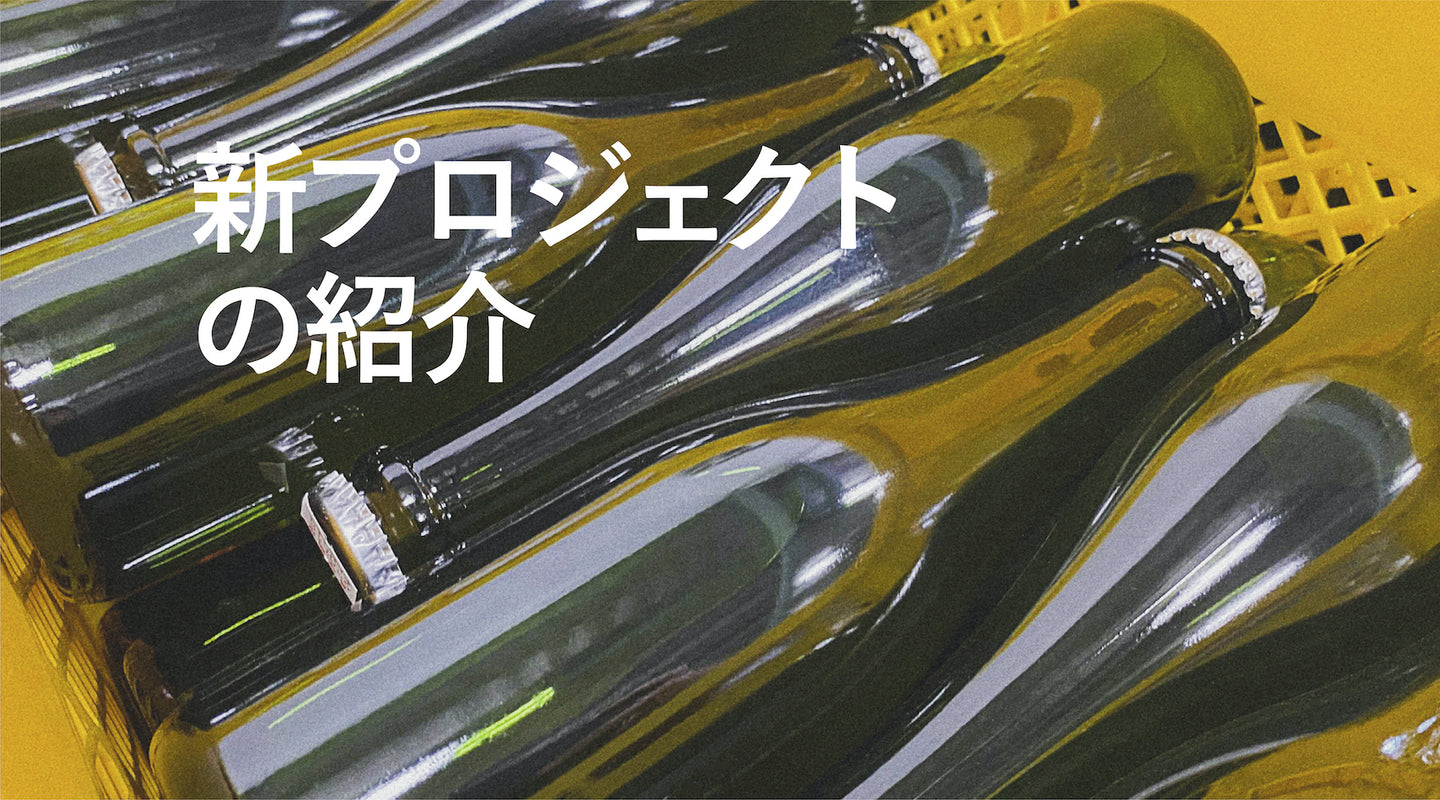What is it?
Anyone who drinks beer knows that the fizz comes from CO2 that is dissolved in the liquid, just like soda, sparkling water, or any other carbonated beverage. What you may be less familiar with is how breweries get this gas into the beer and what that means for the final product.
There are two main methods for accomplishing this task: force carbonation or natural carbonation. Force carbonation is when brewers add CO2 to finished beer inside tanks that hold beer for packaging. Natural carbonation captures the CO2 created during fermentation inside the closed container the beer is in. In both cases, the gas dissolves into the liquid because it cannot escape from the container. The only difference is whether the CO2 has been created by the fermentation of that particular beer, or added to the beer from tanks of gas that has been captured by other means.
Why do it?
There are benefits to each method, and in modern breweries force carbonation is the norm due to its practicality and precision. There is no risk of too much or too little carbonation as well as less risk of odd fermentation aromas remaining in the final product. Natural carbonation is the traditional method used to give beer fizz for hundreds of years, and while more labour intensive, can also make a final product that is more durable and long lasting due to excess oxygen being removed from the beer during the secondary fermentation that creates the gas.
What we hope to gain from it?
While we experimented with natural carbonation last year in Black Revival, our collaboration with BET, 2021 will be our first year using it to achieve specific goals in certain products. The first of these is a connection with tradition. While brewing beer is never easy, it is certainly easier now than it was prior to the Industrial Revolution. Implementing traditional techniques ensures that they are not forgotten, and at the same time encourages us to learn about their implementation and scientific processes. Second, as a brewery that draws heavily on Belgian brewing, we see natural carbonation, specifically that which takes place in the final package, as vital in making authentic representations of traditional styles.
What products we will use it for?
The first application of this bottle conditioning will be with the release of the barrel aged version of Farmer’s Table, the final incarnation of our collaboration with Upright Brewing. The second (and more widely available) product that will utilise this technique is an upcoming classic Saison. While this is one of our favourite styles of which we make many types, this will be the first time we have tried to be as authentic as possible, starting with a new yeast strain and finishing with carbonation created in the keg and bottle. We intend to continue making occasional authentic Saisons, as well as use the bottle conditioning technique for future barrel aged and traditional sour beers.
While it is a technique borrowed from the past, we are excited to use it to turn a new page in the history of KBC!

